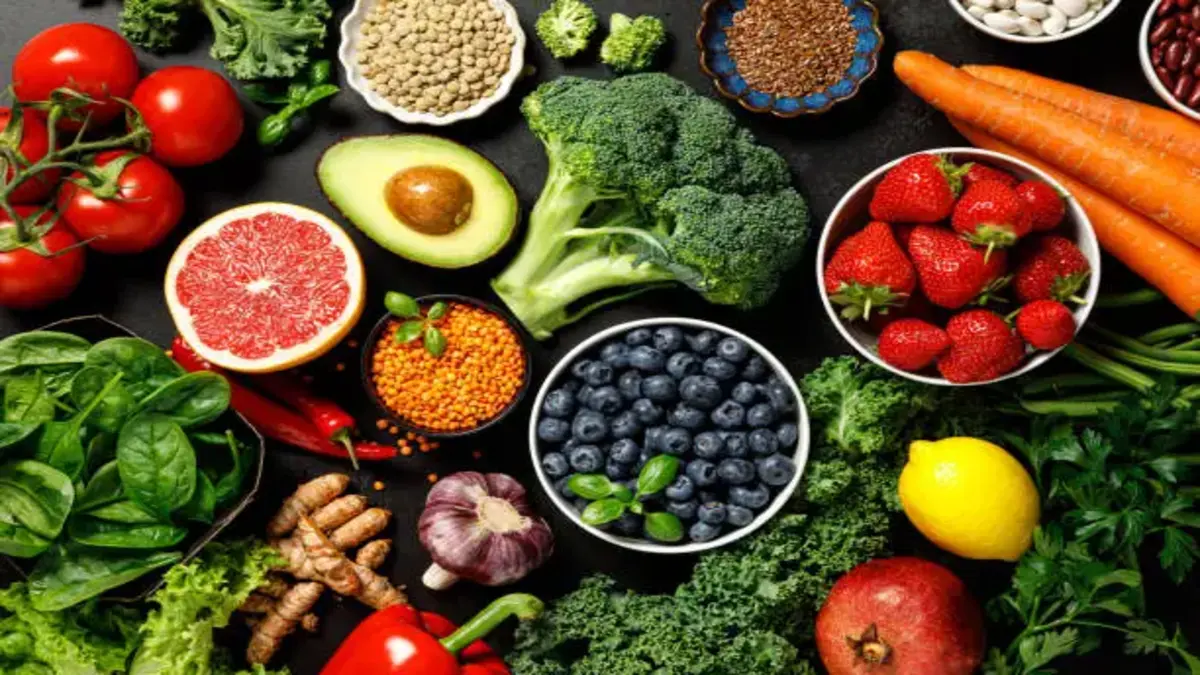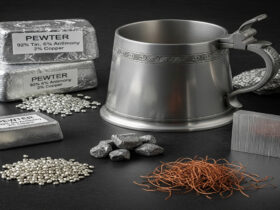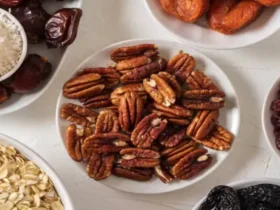Why People Ask This Question So Often
When it comes to avocados, most people wonder: Is it a fruit or a vegetable? The confusion happens because avocados are used in both sweet and savory dishes. They appear in salads, sandwiches, and even smoothies. So, what’s the truth? Botanically speaking, an avocado is a fruit. Specifically, it is a large berry with a single seed.
The reason for the confusion is their taste. Unlike most fruits that are sweet, avocados have a creamy, nutty flavor. That makes them seem more like a vegetable when used in savory recipes. However, the scientific classification is based on how the plant reproduces. Since avocados develop from the flower of a plant and contain a seed, they are fruits.
Many people also consider culinary classification, where ingredients are divided based on taste and usage. That’s why chefs might call it a vegetable in the kitchen. But botanists stick with the term fruit. So, next time someone asks you this question, you’ll have the perfect answer!
Health Benefits of Eating Avocados
Avocados are not only tasty but also packed with nutrients. They are rich in healthy fats, which are good for your heart. These fats help lower bad cholesterol and increase good cholesterol. This can reduce the risk of heart disease.
They are also loaded with vitamins like Vitamin K, Vitamin E, and Vitamin C. Plus, they contain more potassium than bananas, which is essential for healthy blood pressure. Avocados are high in fiber too, which supports digestion and keeps you feeling full longer.
Another great benefit is their antioxidant content. These compounds protect your cells from damage and support overall health. That’s why nutritionists often recommend adding avocados to your diet. Whether you mash them for toast or blend them into a smoothie, you’re getting a lot of goodness in every bite.
How Avocados Are Used in Cooking
Avocados are extremely versatile in the kitchen. You can eat them raw, mash them for guacamole, or slice them for salads and sandwiches. Their creamy texture makes them perfect for spreading on toast.
They are also a great substitute for butter in baking recipes. Many people use avocado puree to make healthier desserts, like brownies and muffins. Another popular way to enjoy avocados is in smoothies, where they add creaminess without extra dairy.
Chefs around the world love avocados for their ability to blend with so many flavors. They go well with eggs, seafood, and even grilled meat. With their mild taste, they can be part of any meal, from breakfast to dinner. If you haven’t tried them in desserts yet, give it a go – the results may surprise you!
Where Do Avocados Come From?
Avocados are native to Central and South America, where they have been grown for thousands of years. Today, they are produced in many countries, including Mexico, the United States (especially California), and parts of Africa. Mexico remains the largest producer of avocados in the world.
The growing process is fascinating. Avocado trees thrive in warm climates with good rainfall. They need plenty of sunlight but can’t handle freezing temperatures. The fruit usually takes several months to mature before it is ready to eat. Because of the demand worldwide, avocado farming has become a big business, making this green fruit available in supermarkets all year round.
Final Thoughts
So, are avocados a fruit or vegetable? The clear answer is that avocados are fruits, even though they’re often treated like vegetables in cooking. They are nutritious, versatile, and delicious. Adding them to your diet can improve your health while making your meals more exciting. Next time you enjoy a slice of avocado toast, remember you’re eating one of the most unique fruits in the world. Keep discovering more about are avocados a fruit or vegetable to boost your knowledge and make healthier food choices.
FAQ
Q1: Is avocado a fruit or vegetable?
Avocado is a fruit, specifically a berry with a single seed.
Q2: Can I use avocados in desserts?
Yes! They add creaminess to cakes, brownies, and smoothies.
Q3: Are avocados healthy?
Absolutely. They contain healthy fats, fiber, and essential vitamins.


















Got a Questions?
Find us on Socials or Contact us and we’ll get back to you as soon as possible.